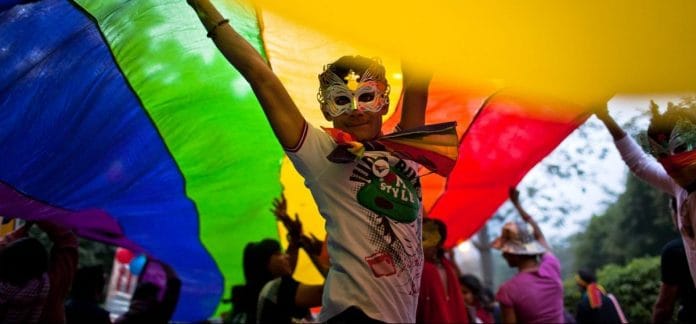A bench headed by then chief justice T.S. Thakur had also agreed to hear a curative writ petition in June 2016, seeking to decriminalise homosexuality.
New Delhi: The Supreme Court Monday reiterated that it will revisit its decision on Section 377 but did not indicate a timeline.
A bench led by chief justice Dipak Misra said this while hearing a fresh plea for decriminalising homosexuality.
This is not the first time the top court had expressed this stand. In fact, a bench headed by then chief justice T.S. Thakur had agreed to hear a curative writ petition in June 2016.
The fresh plea has also been filed by a consortium of gay, lesbian and bisexual citizens who had filed a curative writ petition in 2015. The petitioners include journalist Sunil Mehra, chef Ritu Dalmia, Neemrana chain of hotels co-founder Aman Nath and business executive Ayesha Kapur.
Now, a five-judge constitution bench will have to be constituted to hear the case afresh — a move that has been awaited for over a year and a half.
Over 35 cases that require to be decided by larger constitution benches are pending before the apex court.
After the landmark ruling on privacy in August last year, the apex court’s earlier decision to uphold Section 377 practically holds no ground.
The court had ruled that freedom to express sexual orientation is part of fundamental right to privacy.
Two successive attorney generals — Soli Sorabjee and Mukul Rohatgi — had refused to defend the law that criminalises consensual intercourse between same-sex adults. Rohatgi, who was appointed by the current BJP-led government, had recommended that the case be reconsidered while Sorabjee, a Congress appointee had told the court that his conscience would not permit him to defend the law.
In 2013, the apex court reversed a Delhi High Court ruling that had declared the 1860 law criminalising consensual intercourse between same-sex adults as unconstitutional. The law that penalises “carnal intercourse against the order of nature with any man, woman or animal”.
It affects not just LGBTQ but also heterosexuals as it criminalises all sexual intercourse that is penile and non-vaginal, deeming it “against the order of nature”.






